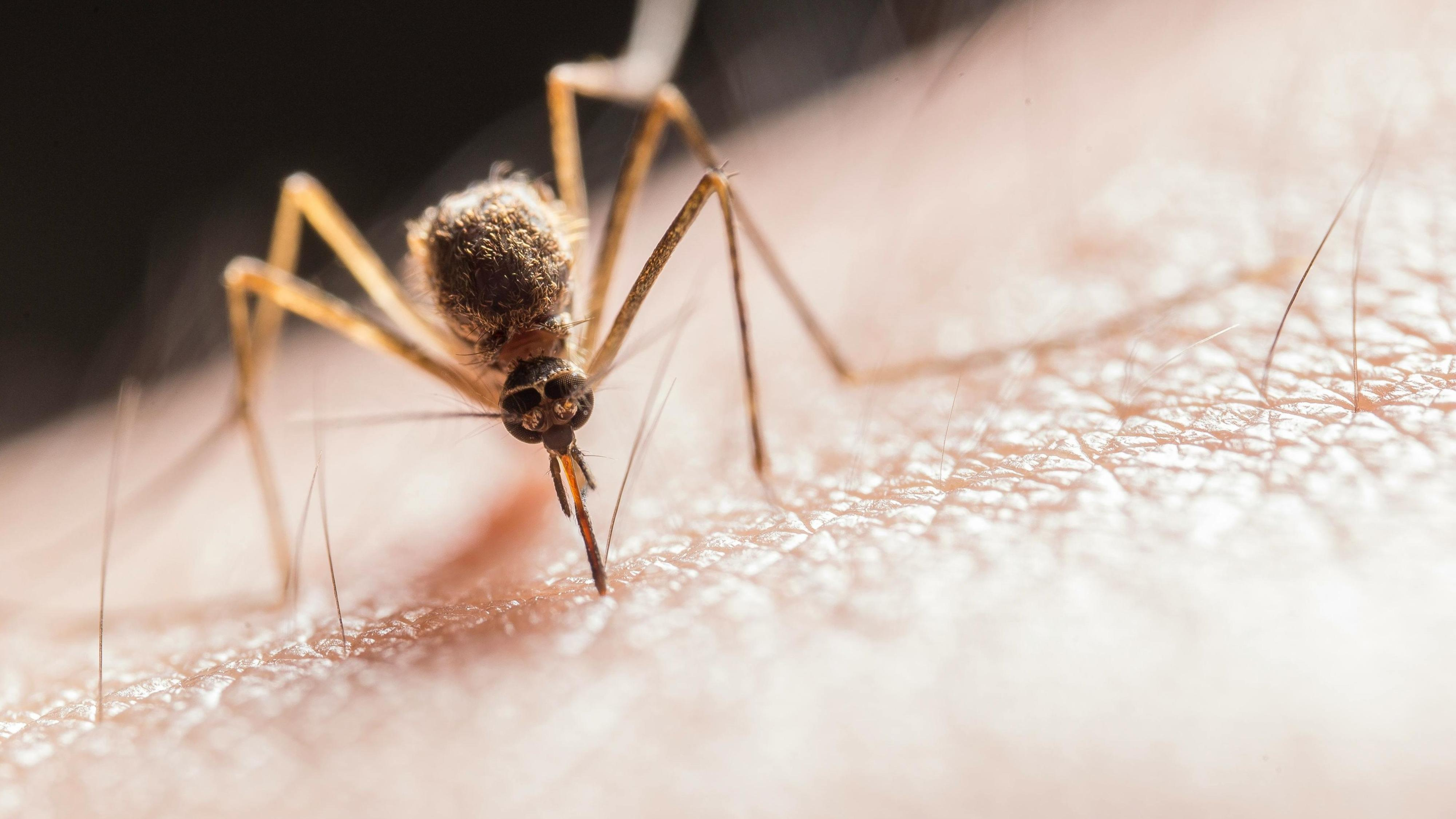

Sections
Services
Highlight

Colpisa
Lunes, 26 de agosto 2024, 21:05
The Ministry of Health and Consumer Affairs reported on Monday that five people have now died this summer from the West Nile fever virus, transmitted to humans through mosquito bites. The latest deaths include two individuals from Coria del Río (Seville), bringing the total number of fatalities in this locality to three.
The two new deaths in Coria del Río, one of whom was a 71-year-old resident, add to the previous fatalities of a 71-year-old woman from Dos Hermanas with pre-existing conditions, an 86-year-old woman infected in La Puebla del Río, and another elderly woman aged 87 with pre-existing conditions from Coria del Río. Additionally, there are dozens of cases of infection via mosquito bites.
In this regard, the Ministry of Health and Consumer Affairs reported that in the past week, aside from the aforementioned two new deaths, ten new infection cases have been confirmed. These include two individuals from Dos Hermanas, four from Coria del Río, two from Los Palacios y Villafranca, one person from Gerena, and another from Carmona. The latter two municipalities are newly affected by the issue.
On the other hand, the presence of the virus has been detected in mosquito captures conducted in the Sevillian municipalities of Almensilla, Los Palacios y Villafranca, Utrera, and Villamanrique de la Condesa; in the Cordoban municipalities of Montalbán and Puente Genil; as well as in Benalup Casas Viejas and Vejer de la Frontera in Cádiz.
Furthermore, as a result of integrated surveillance efforts, Public Health announced that the Doñana Biological Station of CSIC has also detected the presence of the Nile virus in mosquitoes captured in the Sevillian municipalities of La Puebla del Río, Coria del Río, and Palomares del Río—all previously included in this situation.
Additionally, the presence of the virus has been detected in a horse in Jerez de la Frontera (Cádiz) and another horse in Écija (Seville) by the Ministry of Agriculture, Fisheries, Water and Rural Development; and in an imperial eagle chick in La Carolina (Jaén) by the Ministry of Sustainability, Environment and Blue Economy.
Health and Consumer Affairs has communicated to municipal authorities the public health measures they must adopt according to the Integrated Vector Surveillance and Control Program for West Nile Fever in Andalusia. These measures aim to significantly reduce transmission probabilities to the population. Based on weekly analyses of species, densities, and virus circulation results, continuous monitoring is maintained over mosquito surveillance and control actions carried out by pest control companies contracted by the Provincial Councils of Cádiz and Seville for peri-urban areas. Specific actions within populations include on-site verifications and weekly follow-up meetings with the most affected municipalities and their contracted companies.
Moreover, Public Health's weekly report concludes that population densities of female mosquitoes potentially capable of transmitting the virus are at high levels (Grade IV and III) in Vejer de la Frontera (Cádiz) and Los Palacios y Villafranca (Seville), and at medium levels (Grade II) in Almensilla, Bollullos de la Mitación, Las Cabezas de San Juan, Gelves and Villamanrique de la Condesa (Seville), Barbate and Benalup Casas Viejas (Cádiz).
Publicidad
Publicidad
Te puede interesar
Publicidad
Publicidad
Esta funcionalidad es exclusiva para registrados.
Reporta un error en esta noticia

Debido a un error no hemos podido dar de alta tu suscripción.
Por favor, ponte en contacto con Atención al Cliente.

¡Bienvenido a TODOALICANTE!

Tu suscripción con Google se ha realizado correctamente, pero ya tenías otra suscripción activa en TODOALICANTE.
Déjanos tus datos y nos pondremos en contacto contigo para analizar tu caso

¡Tu suscripción con Google se ha realizado correctamente!
La compra se ha asociado al siguiente email
Comentar es una ventaja exclusiva para registrados
¿Ya eres registrado?
Inicia sesiónNecesitas ser suscriptor para poder votar.